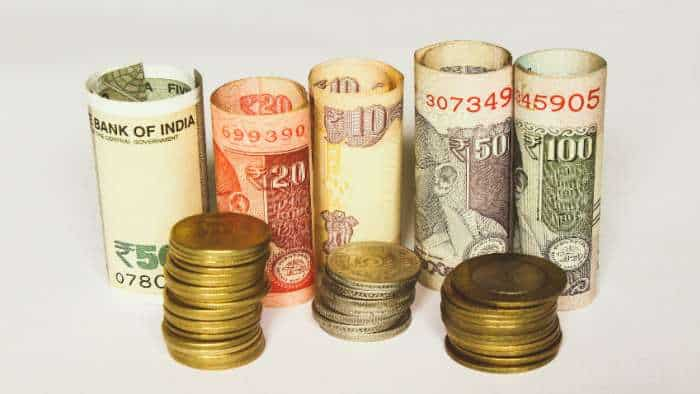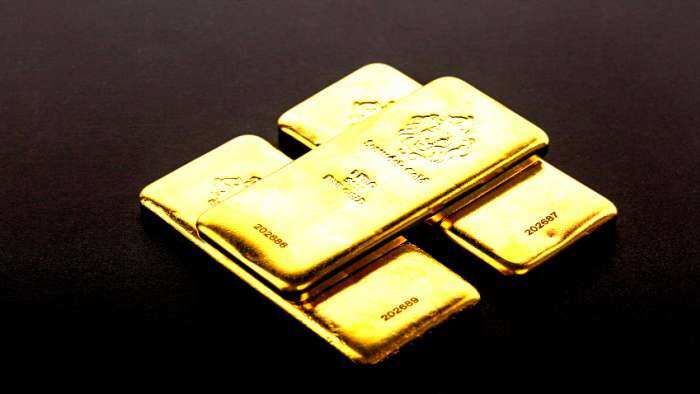7th pay commission: Pension bill hits Rs 47,000 cr; how it has affected Indian Railways
After the implementation of the 7th Pay Commission, in the fiscal year 2018-19, between the months of April to July, the national transporter has reportedly paid about Rs 12,000 crore, while the total pension outgo has been estimated at Rs 47,000 crore.

7th pay commission: While salaries of employees is one of the biggest fund outgoes for all government institutions, what also needs to be factored into the equation is the expenditure on pensioners. Also, While central government employees are often in the news, another big segment of employees are in the Indian Railways. Here we take a look at the Railways pensioners. Indian Railways, which is one of the largest employers in the government, has a huge number of pensioners. And now reports are emerging that since the passing of the Seventh Pay Commission benefits, Railways is facing a challenge to meet this extra burden even as it looks to focus on capacity augmentation, electrification, station redevelopment and overall infrastructure upgradation.
After the implementation of the 7th Pay Commission, in the fiscal year 2018-19, between the months of April to July, the national transporter has reportedly paid about Rs 12,000 crore, while the total pension outgo has been estimated at Rs 47,000 crore.
Significantly, Indian Railways' operating ratio has crossed 111 per cent-mark in July - in the period of April to July, the national transporter set a record-high operating ratio of 111.51 per cent. This means it spent Rs 111.51 to generate Rs 100 in revenue. In effect, its spending outstripped its income. This data reflects heavy outgo on account of increased pension liability and working expenses.
Notably, operating ratio indicates the organisation's operating expenses divided by its operating revenues, which helps to check its performance.
A higher ratio in Indian Railways reportedly indicates less ability to generate surplus funds that could be used for capital investments such as laying new lines and deploying more coaches, according to IANS report.
Indian Railways is already facing stiff competition from other modes of transport in carrying people and freight. It has earned Rs 17,273.37 crore from passengers against a target of Rs 17,736.09 crore in the first four months of the current fiscal, stated the data put together by the Railways` finance wing.
The total earnings of the Railways for the current fiscal ending July is Rs 56,717.84 crore against the target of Rs 61,902.51 crore.
Working expenses have reportedly exceeded the budget projection for the April-July period -- the Railways incurred Rs 52,517.71 crore as ordinary working expenses against the target of Rs 50,487.36 crore.
According the data, pension liability, expenditure of Railway Board and railway institutions apart from the ordinary working expense which has far exceeded the total income during April-July 2018, resulting in operating ratio touching 111.51.
Watch this Zee Business video
While this is the case with Indian Railways, as far as central government employees are concerned, they did not get any I-Day cheer as no such announcement came from the Centre. Notably, they are demanding a hike in fitment factor from 2.57 times to 3.68 times that would raise minimum salaries to Rs 26,000. Rising inflation has been cited as the biggest reason as it inexorably eats into their salaries. The demand is not new and even the 7th pay commission panel had noted it.
Get Latest Business News, Stock Market Updates and Videos; Check your tax outgo through Income Tax Calculator and save money through our Personal Finance coverage. Check Business Breaking News Live on Zee Business Twitter and Facebook. Subscribe on YouTube.
RECOMMENDED STORIES

Rs 55 lakh Home Loan vs Rs 55 lakh SIP investment: Which can be faster route to arrange money for Rs 61 lakh home? Know here

Top 7 Flexi Cap Mutual Funds With up to 52% SIP Return in 1 Year: Rs 20,000 monthly SIP investment in No. 1 fund has generated Rs 3.02 lakh; know about others too
12:21 PM IST









 Will 8th Pay Commission be implemented? Salary revision, DA hike and other key details central govt employees need to know
Will 8th Pay Commission be implemented? Salary revision, DA hike and other key details central govt employees need to know 7th Pay Commission: How much gratuity one will get on salaries of Rs 20,000, Rs 30,000 and Rs 50,000; see calculation
7th Pay Commission: How much gratuity one will get on salaries of Rs 20,000, Rs 30,000 and Rs 50,000; see calculation 7th Pay Commission: How much gratuity one can get on Rs 15K and 20K basic salaries; know calculations
7th Pay Commission: How much gratuity one can get on Rs 15K and 20K basic salaries; know calculations 7th Pay Commission: Centre hikes HRA for its employees; know city-wise limits
7th Pay Commission: Centre hikes HRA for its employees; know city-wise limits DA Hike Announced: How is dearness allowance calculated for central government employees?
DA Hike Announced: How is dearness allowance calculated for central government employees?